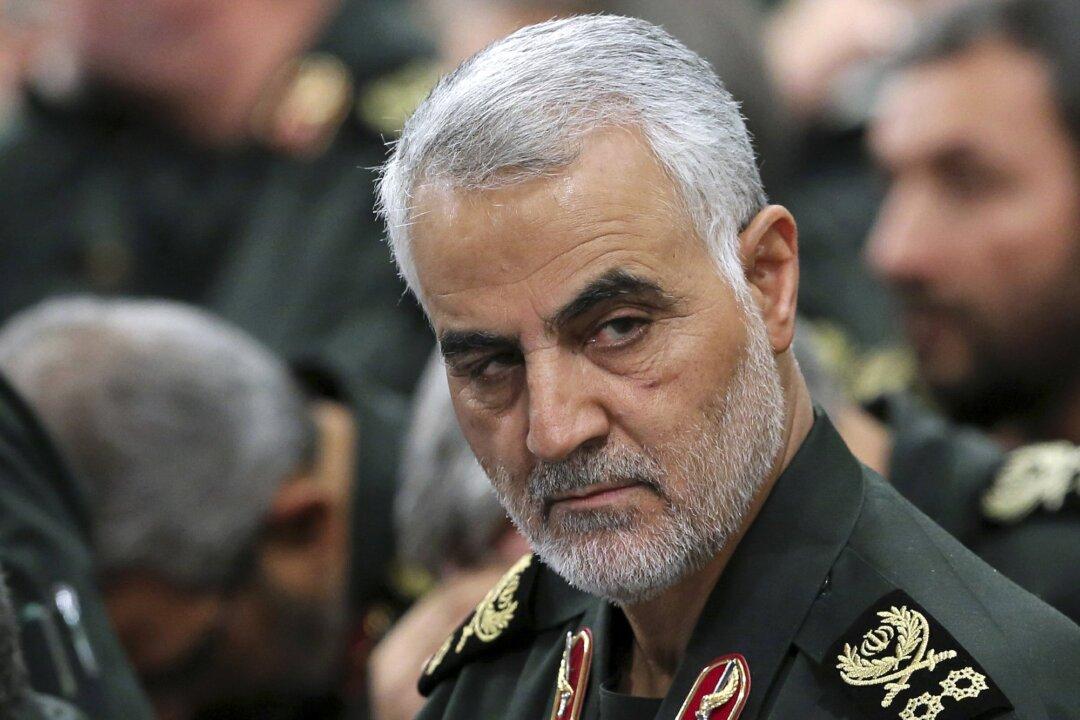Vice President Mike Pence on Thursday morning said that the Trump administration cannot reveal more information about the airstrike that killed Iranian commander Qassem Soleimani last week or any intelligence leading up to the event.
“Some of that has to do with what’s called sources and methods,” Pence told NBC News on Thursday. “Some of the most compelling evidence that Qassem Soleimani was preparing an imminent attack against American forces and American personnel also represents some of the most sensitive intelligence that we have—it could compromise those sources and methods.”





